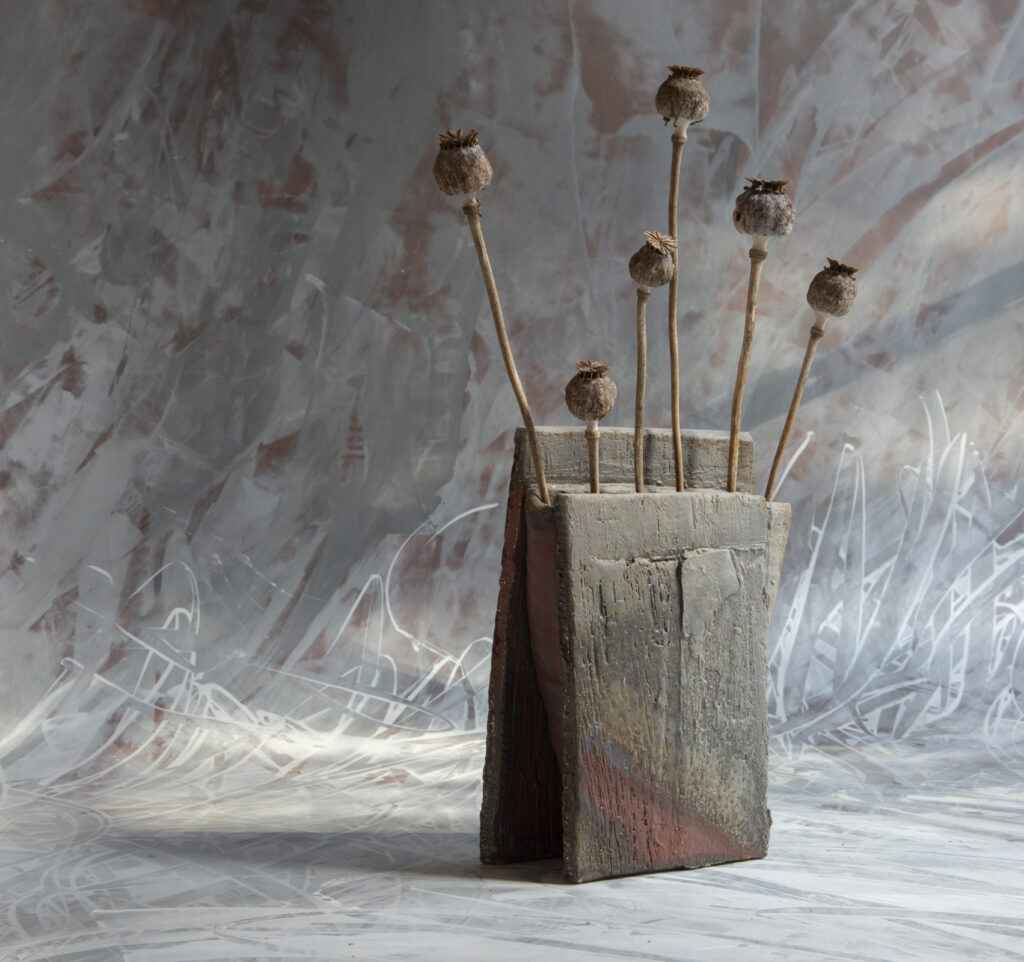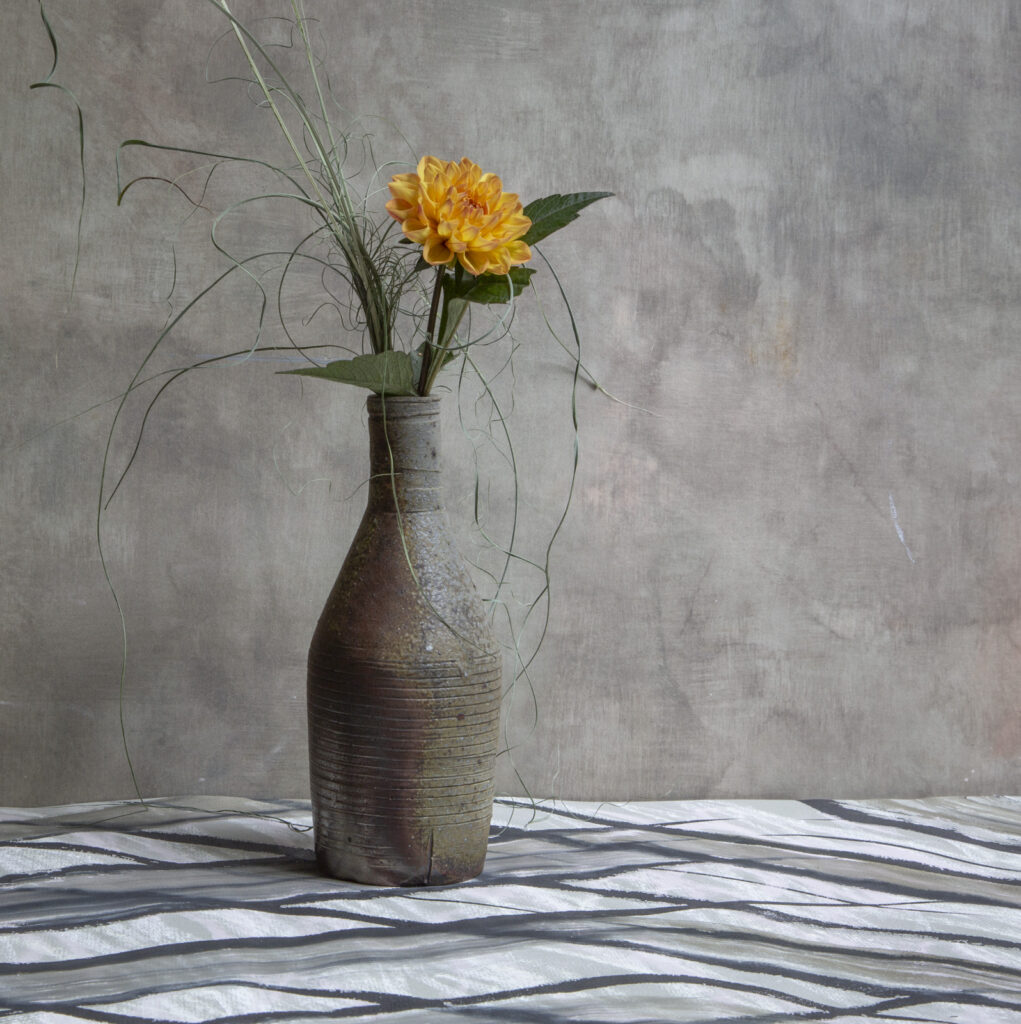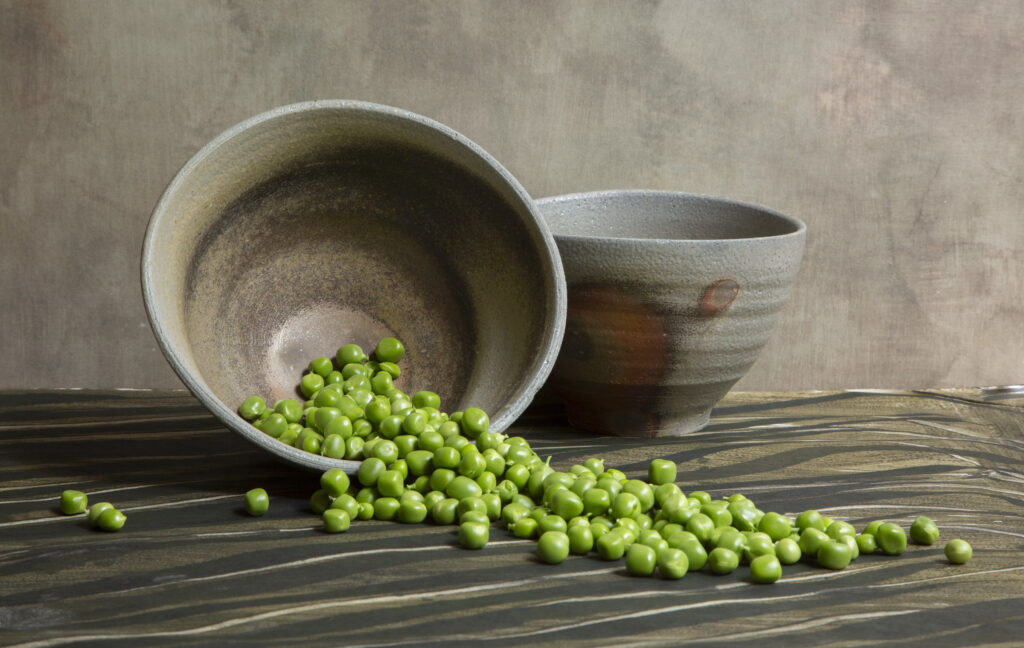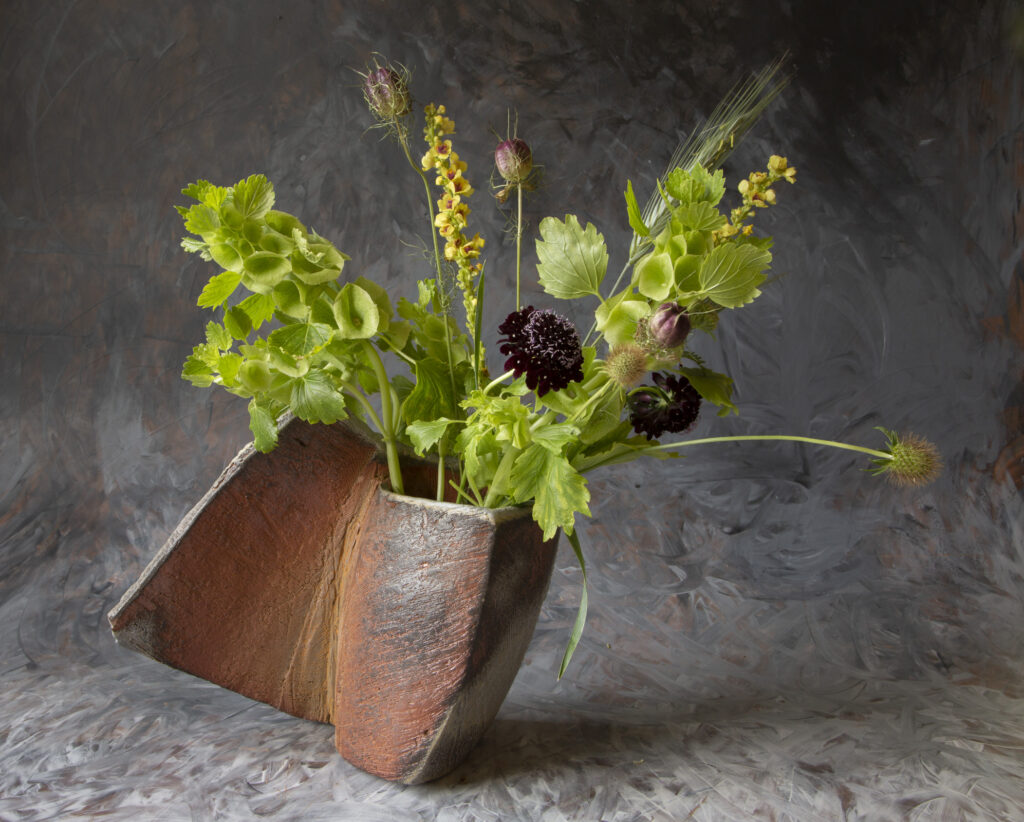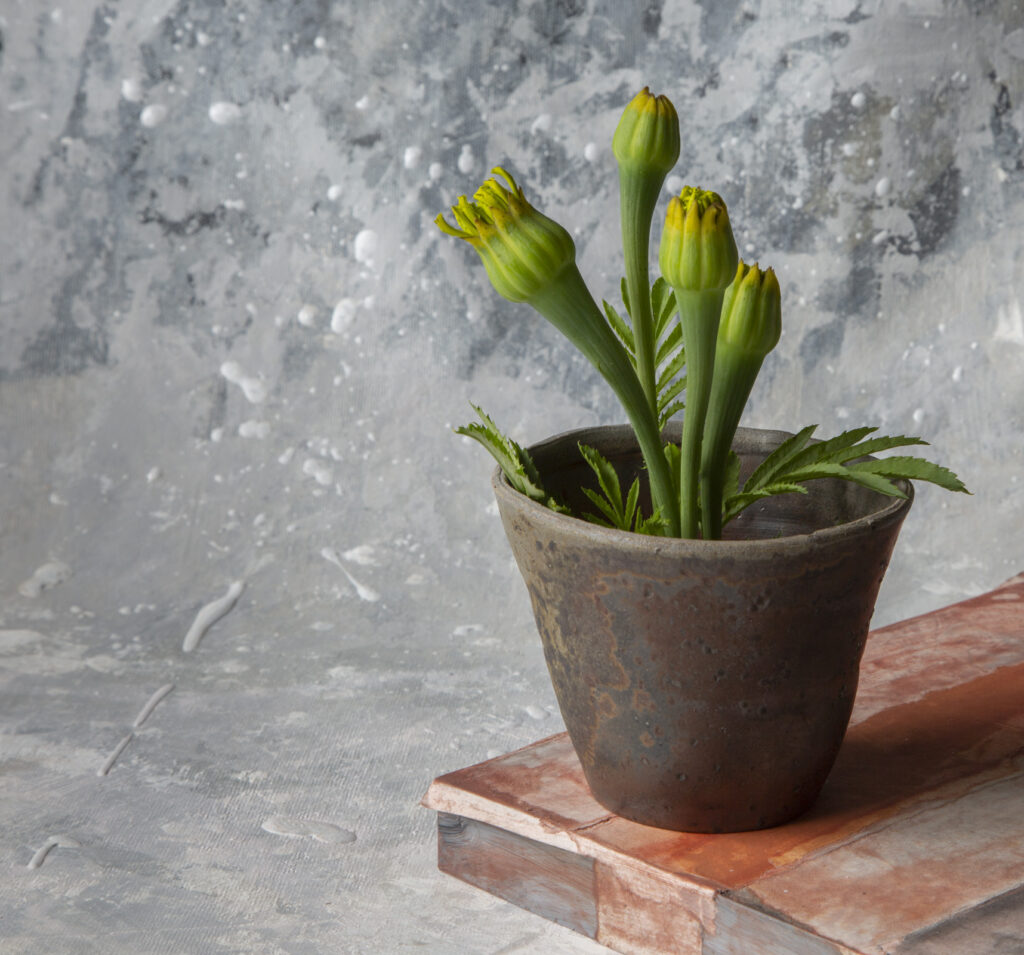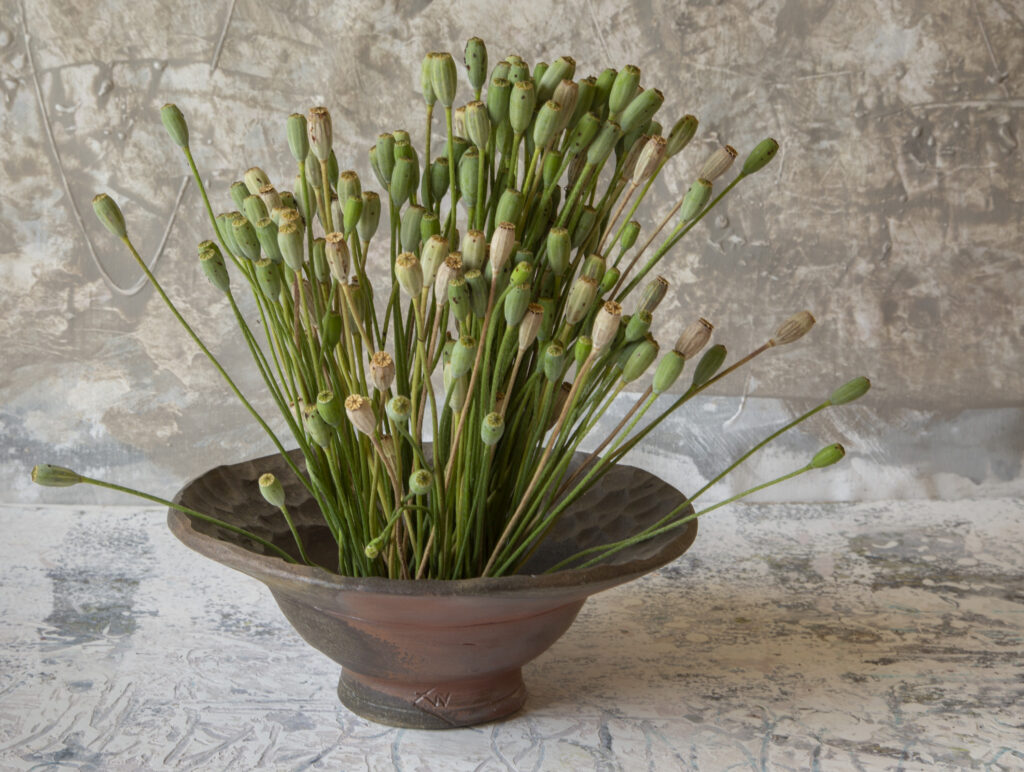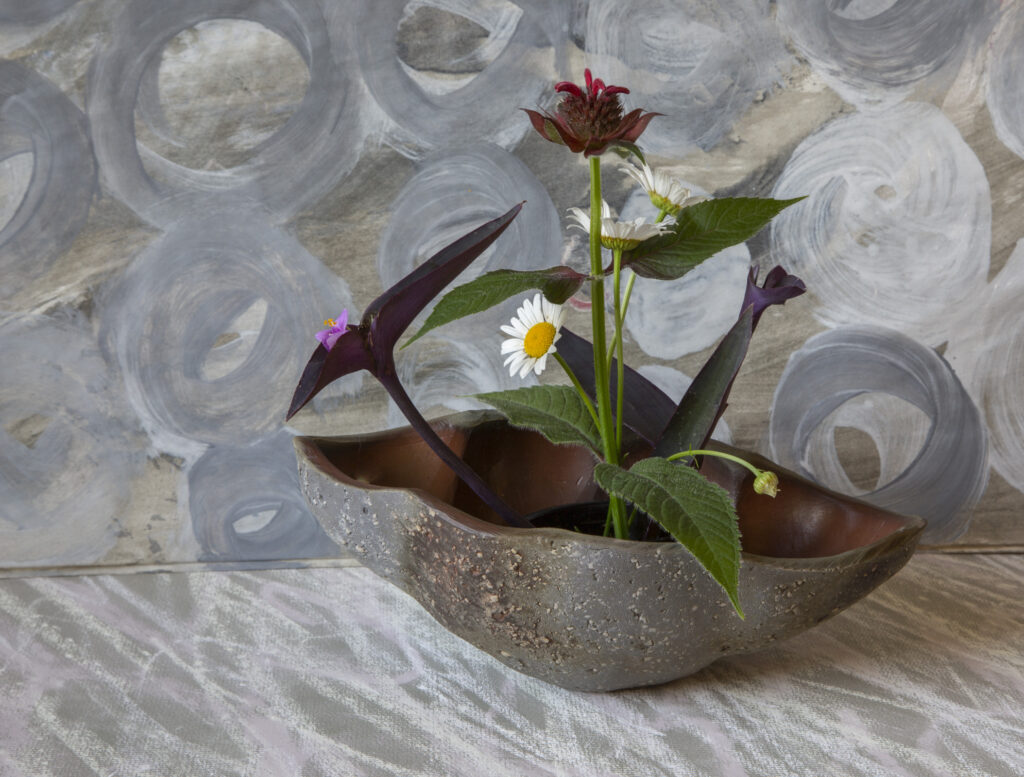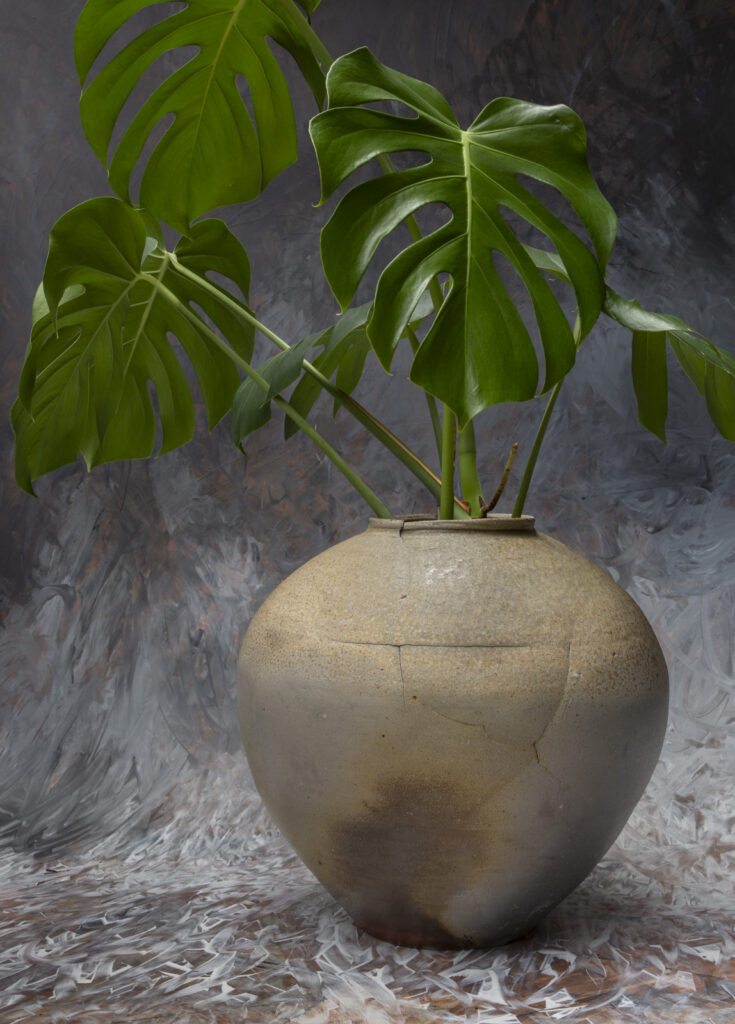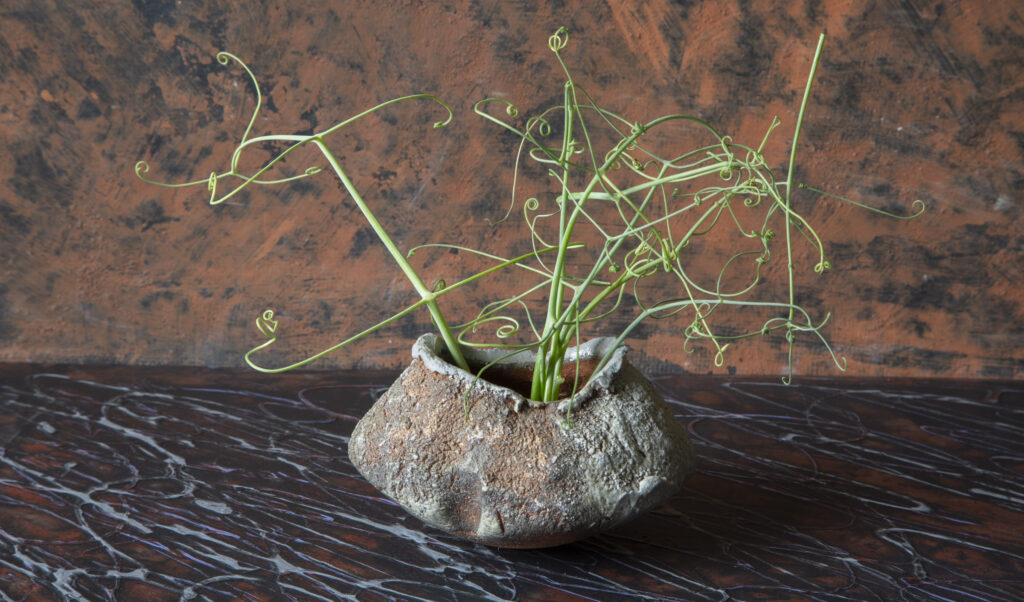I am grateful my father taught me to draw the mundane things in our life. He taught me to see plants and more specifically leaves, the chairs, our shoes, the dog, his children, and my mom all as fodder for art. His line was bumpy and exaggerated but based on what he was really looking at. He was after a poetic beauty to his document. He loved the soul of things, the humor, the quirky, not slick prettiness.
After Dad died and we cleared out the loft my daughter encouraged me to keep one of the many Dracaena plants that lined his south facing windows. Drawing my neglected plant in the fading light of December in Virginia connects the threads of our lives. I am grateful for the practice of drawing in my life. It keeps me looking and not taking things for granted. Drawing helps me to write, when I draw there is space in my mind for words and things I couldn’t articulate before, become clear. Drawing helps me to remember details which live in the past but just as much help me to write about tomorrow.
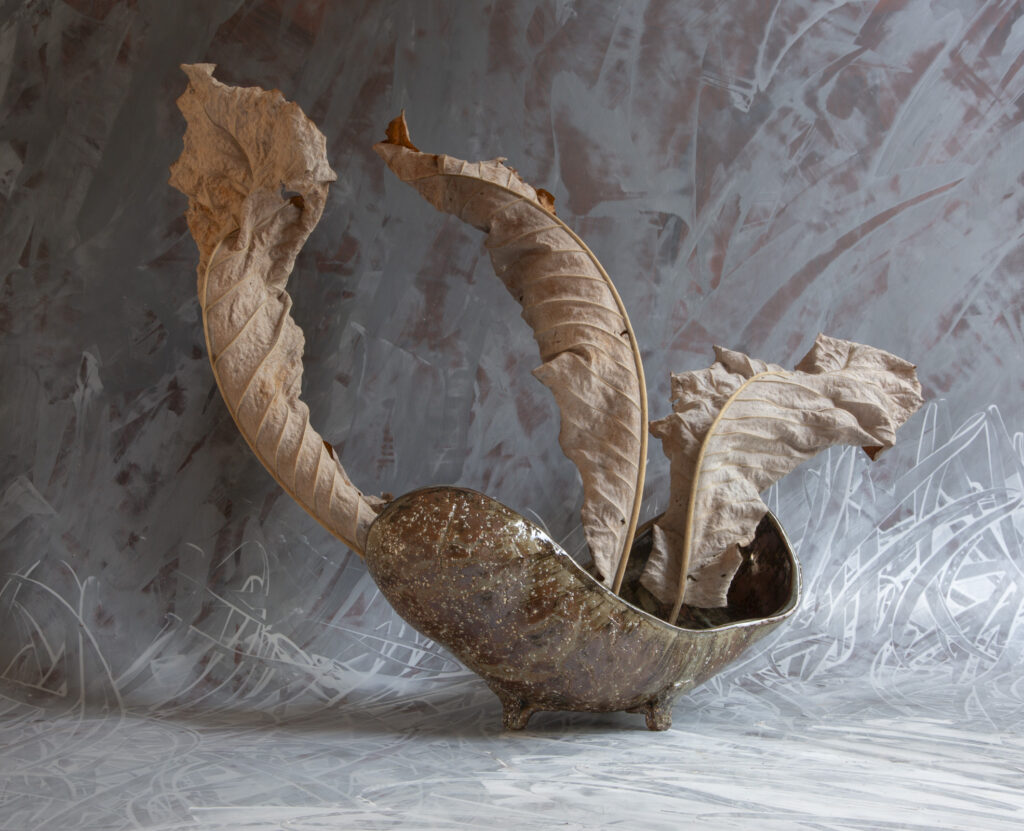
It Is March
In the upper leaves,
it is already next month.
I am still writing
yesterday’s poems, waiting for
clarity to come.
But yesterday is clotting,
next month won’t come down.
How do I live in the past
but write about tomorrow?
–Victoria Chang, The Trees Witness Everything, Hachette, 2022
